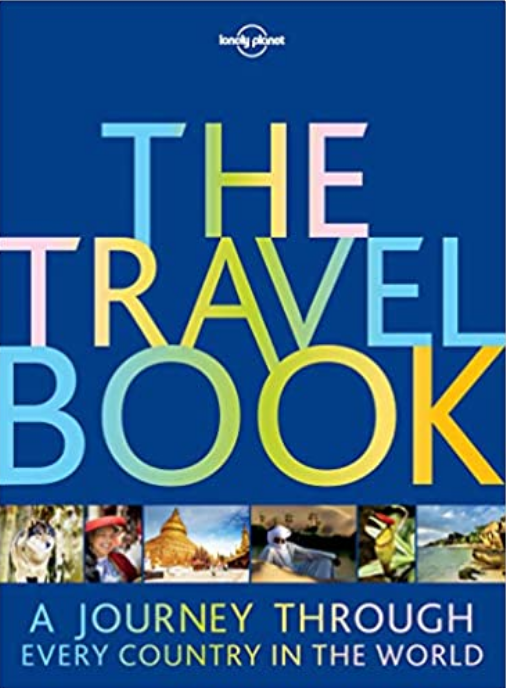5 Ways to Communicate Effectively During The Summer
Updated: 08/02/2023
1. Ask open-ended questions
2. Keep things simple
3. Use body language
You can find this wonderful read on Amazon here

4. Write things down
5. Be smart about who you ask for help
Not sure where to start?
Ready to dive in?
Start your language learning journey.
Help someone who's learning English. Share
Privacy Policy
Your privacy is important to us. It is Convo's policy to respect your privacy regarding any information we may collect from you across our website, http://www.britishcommunity.it, and other sites we own and operate.
We only ask for personal information when we truly need it to provide a service to you. We collect it by fair and lawful means, with your knowledge and consent. We also let you know why we’re collecting it and how it will be used.
We only retain collected information for as long as necessary to provide you with your requested service. What data we store, we’ll protect within commercially acceptable means to prevent loss and theft, as well as unauthorised access, disclosure, copying, use or modification.
We don’t share any personally identifying information publicly or with third-parties, except when required to by law.
Our website may link to external sites that are not operated by us. Please be aware that we have no control over the content and practices of these sites, and cannot accept responsibility or liability for their respective privacy policies.
You are free to refuse our request for your personal information, with the understanding that we may be unable to provide you with some of your desired services.
Your continued use of our website will be regarded as acceptance of our practices around privacy and personal information. If you have any questions about how we handle user data and personal information, feel free to contact us.
This policy is effective as of 4 September 2019.
Information Security
Convo is a language community providing linguistic related services.
We collect and use personal information to offer people information, products and services. This policy will apply in all locations where we operate to all forms of information and to all systems used to collect, store, process or transfer information.
In countries where there are different privacy and data protection laws, we will comply with those laws where they meet internationally accepted privacy principles and fair information handling practices.
Convo is committed to:
- performing privacy impact assessments to protect the privacy and rights of its customers and employees
- protecting the confidentiality, integrity and availability of the information it collects, stores, transfers and processes in accordance with UK law and international good practice, and to meeting its legal requirements and contractual obligations
- explaining why it needs personal information, only asking for the personal information it needs and only sharing personal information within the Convo and with other organisations as necessary or where the person concerned has given their consent
- allowing people to request access to the personal information it holds on them and to complain if they believe their information has been mishandled
- not keeping personal information for longer than necessary
- taking measures to protect the rights and freedoms of individuals whose personal information may be transferred to countries with differing data protection laws
- ensuring that actual or suspected breaches of information security are reported and investigated
- assessing and measuring the maturity of its information security controls annually
- applying these standards to its supply chain and delivery partners.
We will provide adequate and appropriate resources to implement this policy and will ensure it is communicated and understood.
Convo will review this global policy statement annually to reflect new legal and regulatory developments and ensure good practice.
Convo uses cookies to ensure you get the best experience on our website through traffic analytics and repeat visits.



